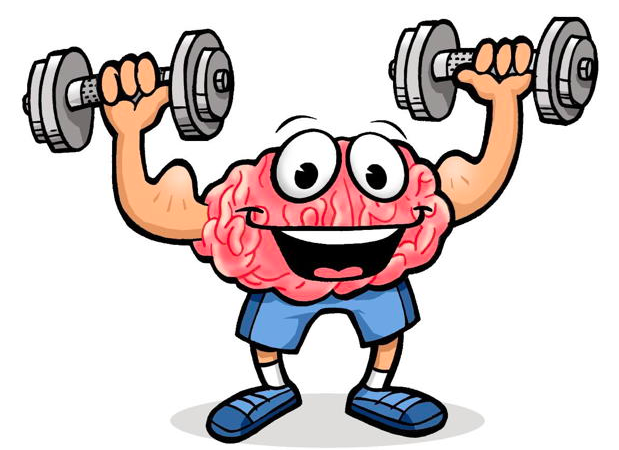If you call yourself names, doubt your abilities, or second-guess your decisions, you’ll harm your performance (and most likely put your physical and psychological health at risk). But the good news is that you can change the way you think.
Here are five exercises to train your brain for happiness and success:
1. Differentiate between Ruminating and Problem-Solving
Thinking about strategies that would help you overcome an obstacle is helpful, but imagining yourself unable to tolerate pain isn’t productive. Whenever you find yourself thinking about something for an extended time, take a minute to think whether you’re ruminating or problem-solving.
If you’re actively solving or preventing problems, keep processing. But if you’re simply rehashing things that already happened or making catastrophic predictions about things you can’t control, change the channel. Get up and do something to get your mind off the issue and keep your brain focused on more productive activities.
2. Give Yourself The Same Advice You’d Give to A Trusted Friend
If you’re like most people, there’s a good chance you’re overly critical of yourself. But beating yourself up and magnifying your mistakes will only drag you down. Studies have linked self-compassion to everything from improved psychological wellbeing and better body image, to enhanced self-worth and increased motivation. So make a habit of speaking to yourself the same way you’d speak to a trusted friend.
3. Label Your Emotions
Most people have an aversion to talking about or showing their feelings. As a result, they become distanced from their feelings, which makes it hard for them to even recognize how they feel at any given moment.
When adults do label their feelings, they often do it in an indirect manner: Rather than saying, “I felt sad,” someone might say, “I had a lump in my throat,” or, “My eyes got watery.” Or instead of saying, “I am really nervous,” someone might be more inclined to say, “I have butterflies in my stomach.”
Spend a few minutes every day acknowledging your emotional state. Label your feelings and consider how those emotions are likely to affect your decisions. Whether you’re feeling sad about something in your personal life, or worried about something going on at the office, your emotions will spill over into other areas of your life if you aren’t aware of them.
READ MORE ON THE NEXT PAGE BELOW!







